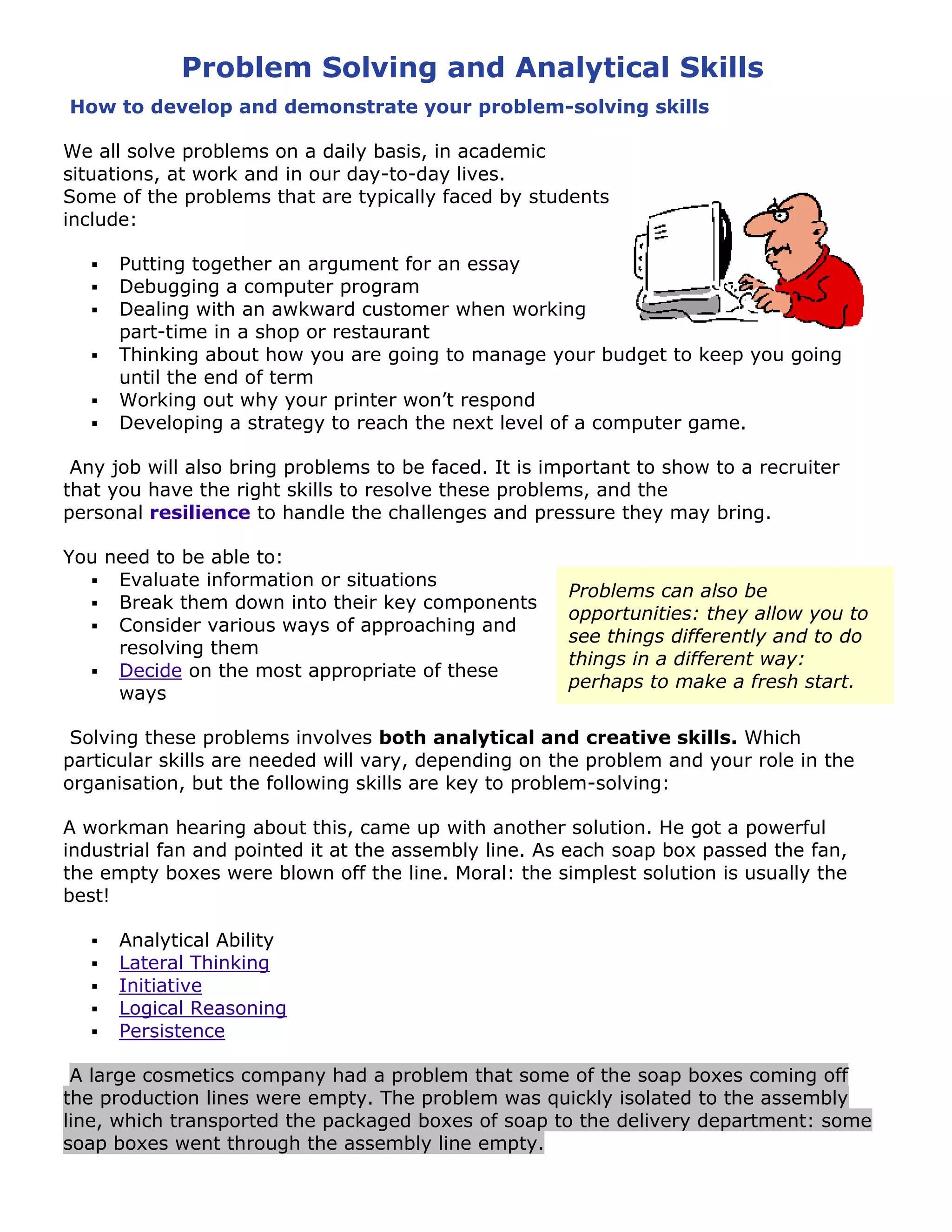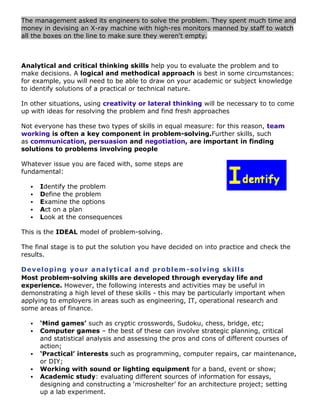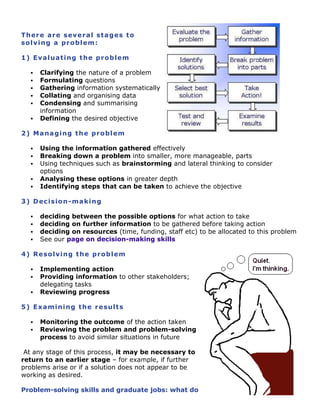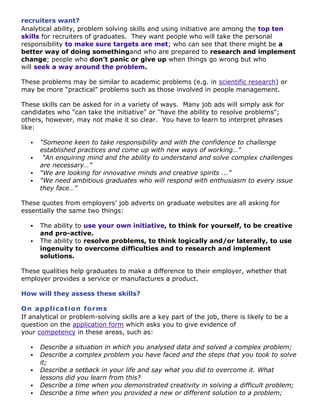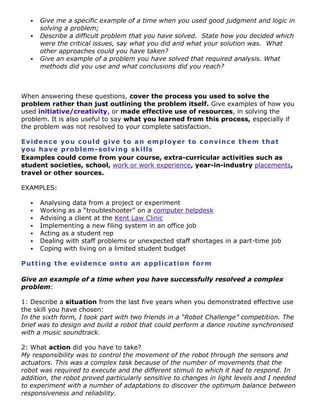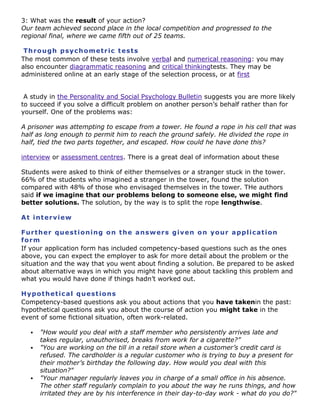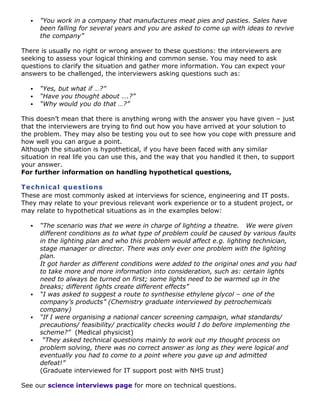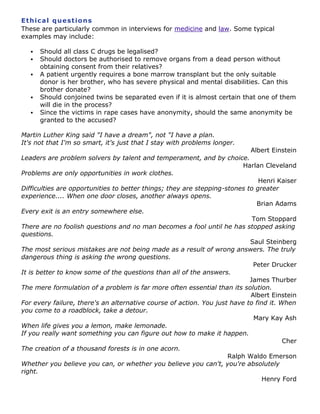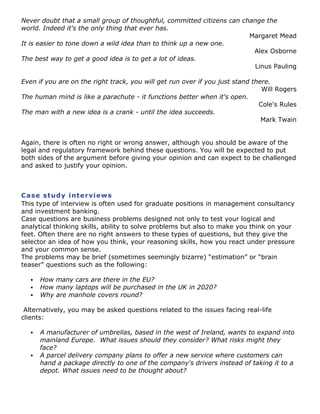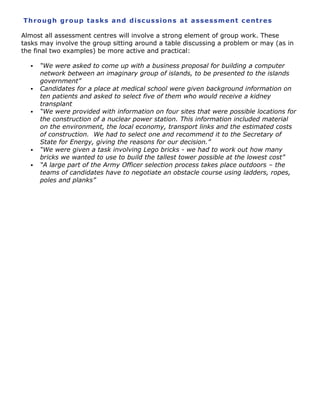The document discusses the importance of problem-solving and analytical skills in various aspects of life, including academic and professional environments. It outlines key components of effective problem-solving, such as evaluating information, breaking down problems, and employing both analytical and creative thinking. Additionally, it emphasizes the significance of showcasing these skills to potential employers and provides strategies for developing and demonstrating them through practical examples and experiences.
